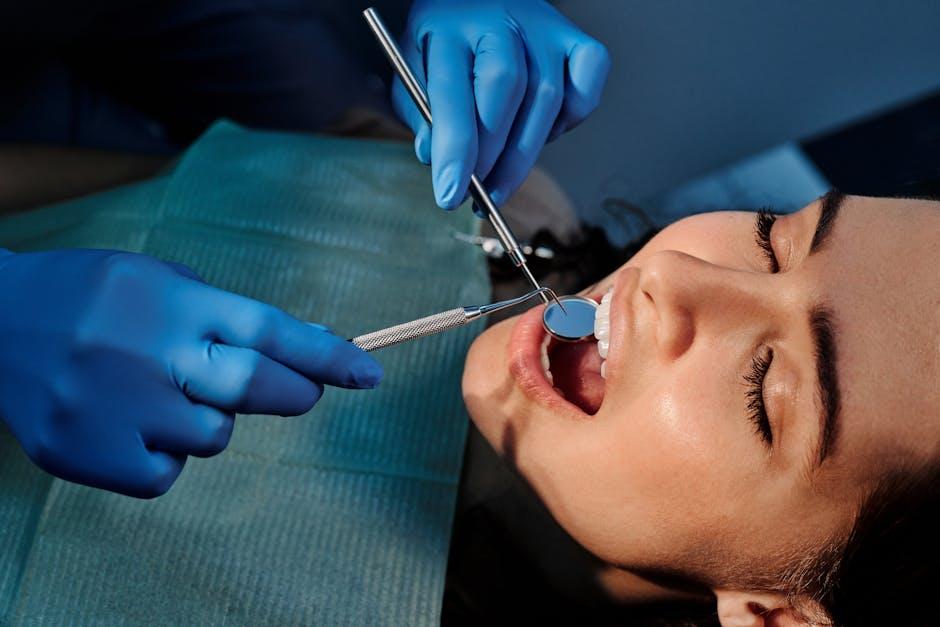
Abuse and Burnout Plague Canada’s Dental Hygienists – Canadian Occupational Safety
Dental hygienists are essential pillars of Canada’s oral health system, providing preventive care and patient education daily. Yet, beneath their professional poise, many dental hygienists face a hidden crisis—abuse and burnout that jeopardize their mental health, job satisfaction, and overall occupational safety. In this detailed article, we’ll delve into the growing concerns surrounding abuse and burnout among dental hygienists in Canada, the impacts these issues have, and explore practical solutions to foster a healthier workplace.
Understanding the Challenges Faced by Canada’s Dental Hygienists
Dental hygienists engage intimately with patients, often working in fast-paced, high-pressure environments. Despite the rewarding nature of their work, they’re vulnerable to various occupational hazards, including:
- Workplace Abuse: Verbal aggression, disrespect from patients or coworkers, and sometimes physical intimidation.
- Emotional Burnout: Resulting from repetitive tasks, emotional labor, and sometimes overwhelming patient needs.
- Ergonomic Strain: Musculoskeletal disorders due to prolonged awkward postures and repetitive movements.
Prevalence of Abuse and Burnout in Canadian Dental Hygiene Professionals
Recent workplace surveys and studies have shed light on the alarming levels of abuse and burnout among dental hygienists across Canada. The Canadian Occupational Safety journal emphasizes that these issues are far from isolated, impacting a significant percentage of dental hygienists.
| Issue | Percentage of Affected Dental Hygienists | Source |
|---|---|---|
| Verbal Abuse from Patients | 45% | Canadian Occupational Safety Survey 2023 |
| Burnout Symptoms | 62% | Canadian Dental Hygiene Association Report 2024 |
| Workplace Harassment (from colleagues/supervisors) | 28% | Canadian Occupational Safety Survey 2023 |
The Impact of Abuse and Burnout on Dental Hygienists
The consequences of abuse and burnout extend beyond individual health, affecting institutions and patient care quality. Key impacts include:
- Mental Health Deterioration: Increased rates of anxiety, depression, and emotional exhaustion.
- Reduced Job Satisfaction: Loss of passion and motivation in dental hygiene careers.
- Higher Turnover Rates: Employers face increased recruitment and training costs as professionals leave their roles.
- Risk to Patient Safety: Burnout can cause errors in clinical tasks, compromising patient safety.
Case Study: A Day in the Life of a Burned-Out Dental Hygienist
Emma, a dental hygienist in Toronto, shares her personal experience:
“Every day, I faced the brunt of patients’ frustrations, sometimes verbal attacks, while maintaining a soothing demeanor. My arms and back constantly ached from the repetitive work. Over time, the pressure felt unbearable, and I started doubting my skills. It wasn’t just physical fatigue—it was emotional exhaustion. Without support, I wasn’t sure how long I could keep going.”
Emma’s story is representative of many dental hygienists, highlighting the urgent need for improved occupational safety measures.
Practical Tips to Combat Abuse and Burnout for Dental Hygienists
To protect dental hygienists’ well-being, implement these strategies personally and at the organizational level:
For Dental Hygienists:
- Establish Clear Boundaries: Know when and how to de-escalate abusive situations.
- Prioritize Self-Care: Incorporate regular breaks, stretching exercises, and mindfulness techniques.
- Seek Support: Join professional networks or support groups such as the Canadian Dental Hygienists Association.
- Engage in Continuing Education: Enhance coping and communication skills to handle challenging patients effectively.
For Employers and Clinics:
- Implement Zero-Tolerance Policies: Enforce strict rules against abuse and harassment in the workplace.
- Provide Mental Health Resources: Access to counseling and employee assistance programs.
- Ergonomic Training and Equipment: Offer ergonomically designed chairs, tools, and encourage posture awareness.
- Promote a Positive Work Environment: Ensure open communication, respectful teamwork, and recognition of efforts.
Benefits of Prioritizing Occupational Safety and Wellness
Organizations and dental hygienists focusing on mental health and safety can experience numerous benefits:
- Increased employee retention and satisfaction.
- Lower absenteeism and reduced healthcare costs.
- Enhanced patient care due to improved staff focus and morale.
- Stronger professional reputation and workplace culture.
Conclusion
Abuse and burnout remain serious challenges facing dental hygienists in Canada, threatening their mental health and the quality of oral care delivered. Understanding these issues, raising awareness, and implementing effective occupational safety strategies are crucial for fostering a healthy, sustainable dental hygiene workforce. Together, dental professionals, employers, and policymakers can create supportive environments where dental hygienists thrive—physically, emotionally, and professionally.
For ongoing updates on occupational safety for dental hygienists and other healthcare professionals, stay tuned to Canadian Occupational Safety and join the dialogue to build a safer workplace for all.


